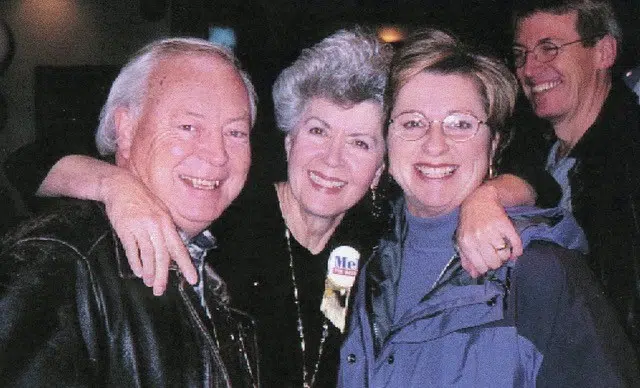
BEING MAYOR, Chapter 3: ‘Let’s unlock the doors to City Hall’
KAMLOOPS — This is the third in a series on my experiences as the mayor of Kamloops from 1999 to 2005. I offer it for the interest of anyone who cares about civic politics and our community, and who might be wondering — as we approach a civic by-election Sept. 30 — what really goes on inside civic election campaigns and in City Hall.
Chapter 3 — ‘Let’s Unlock the Doors to City Hall’
By MEL ROTHENBURGER
‘People tell me we need to make decisions at City Hall that reflect the values of our families and neighbourhoods. Let’s unlock the doors to an open, accountable and effective City Government that listens — really listens — to what the community is saying. . . .”


